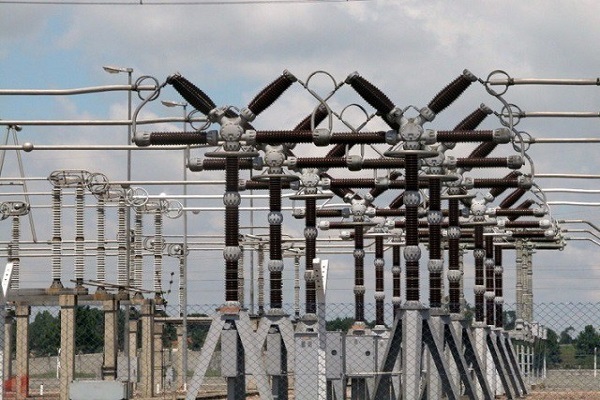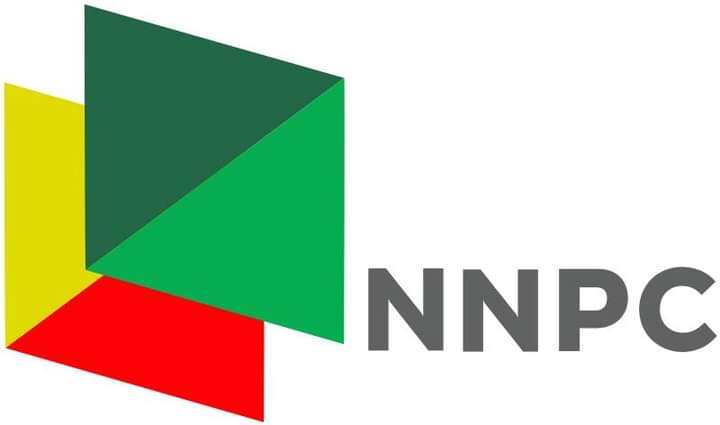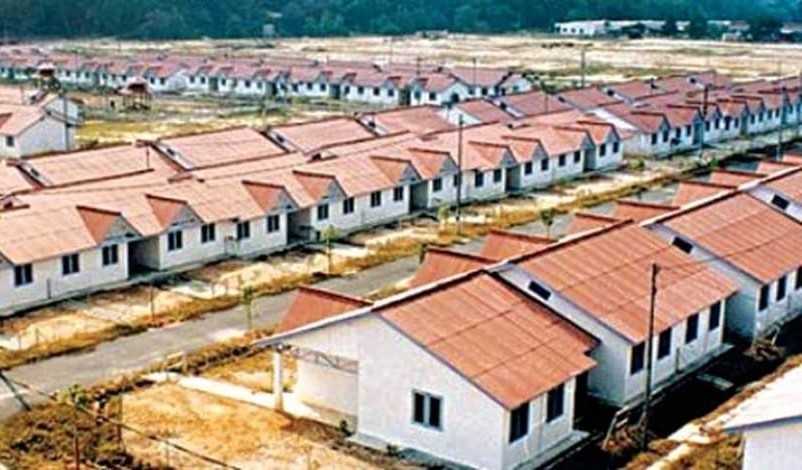According to National Bureau of Statistics (NBS) data, Nigeria exported ₦181.62 billion worth of electricity from January to September 2024.
The breakdown shows that ₦58.65 billion was exported to Togo, Benin, and the Niger Republic in the first quarter, followed by ₦63.28 billion in the second quarter and ₦59.69 billion in the third quarter.
This continued export comes despite the Nigerian Electricity Regulatory Commission (NERC) imposing a cap in May, restricting electricity exports to neighbouring countries.
The cap limits power delivery to 6% of Nigeria’s total grid electricity to prioritise domestic power supply.
NERC’s decision, outlined in an April 2024 Supplementary Order, cited concerns over inefficient grid operations and its impact on domestic power distribution. The order, which took effect in May 2024, will last six months before review.
In its directive, NERC argued that the excessive export of power was compromising the ability of Distribution Companies (Discos) to meet their Service-Based Tariff (SBT) obligations to end-users, including industrial, commercial, and residential customers.
The commission also raised concerns about prioritising international contracts over local consumers, deemed inefficient and inequitable.
The ongoing electricity export, despite the cap, highlights the tension between meeting domestic energy needs and honouring international agreements.
NERC’s order aims to ensure Nigeria’s power supply can better serve its citizens while addressing grid imbalances.
Nigeria had 12.33 million electricity customers in Q1 2024, increasing by 5.35 per cent to 12.99 million in Q2. Of these, 5.92 million were metered customers, a slight 0.25 per cent rise from the previous quarter. The country is served by 23 power-generating plants connected to the national grid. Photo: Radio Nigeria archive
Comment, Like 👍, share this article, and Follow us on our social media handles.








